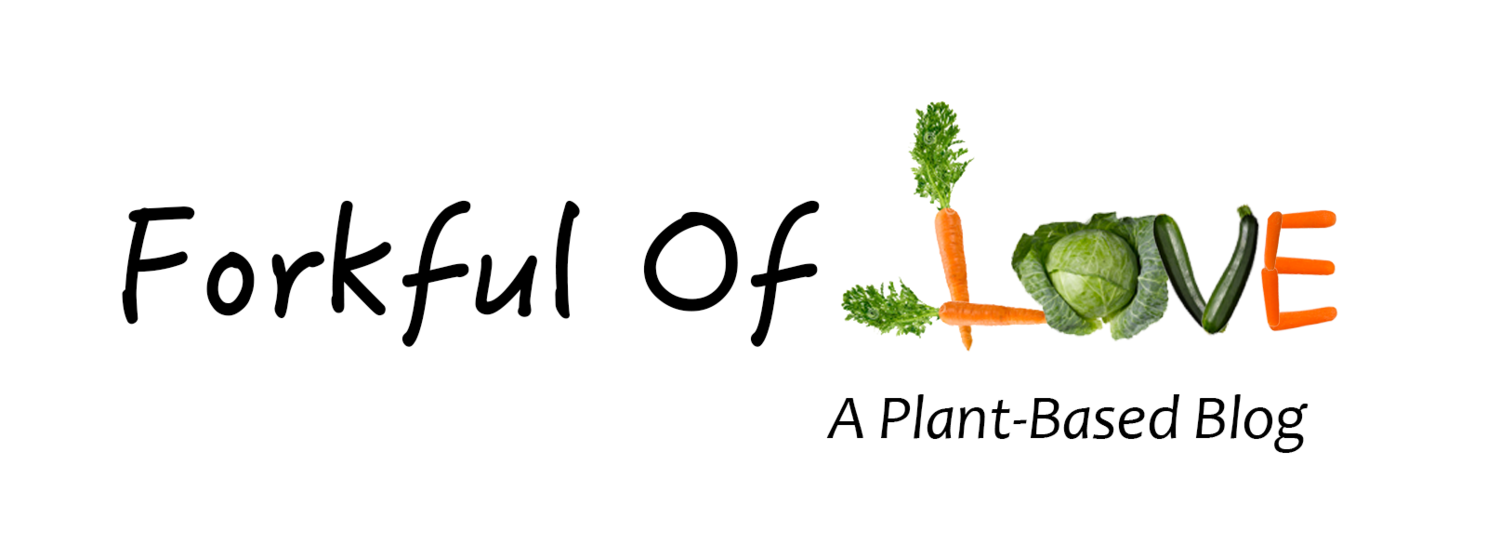The Scoop on Coconut Oil and Why We Avoid Oil
/Coconuts are very nutritious in their natural state, but all oils are refined and not whole foods
Most people regard plant-based oils, particularly coconut oil and olive oil as healthy foods. In this post, I will discuss the issues around oil and why my Mom and I choose to avoid it in cooking.
Oil Is Not a Whole Food
There are a lot of studies out there claiming health benefits from plant-based oils. It is true that as whole foods, coconuts and olives are healthy, nutritious foods. However, to become oil, these foods are highly refined using manufacturing techniques that destroy the benefits. Oil is not a whole food. All oils are processed.
Oil Is Artery Clogging
The biggest concern around consuming oil is that it collects in the arteries. All oils injure the endothelium, the innermost lining of the artery, which is a precursor to heart disease. Cardiologists treating patients with a whole food plant-based diet have them totally eliminate oil. You can find out more about this by reading the book, Prevent and Reverse Heart Disease by Dr. Caldwell Esselstyn, or read a recent blog post by Dr. Esselstyn's son on his blog, The Engine 2 Diet. Dr. Caldwell Esselstyn is one of the world's best doctors and is famous for reversing heart disease in terminally ill patients using a whole food plant-based diet.
A stent, which is a treatment for heart disease, makes way for blood flow by pushing back the plaque caused by a poor diet. The best way to prevent needing such an aggressive surgery is to try to keep your arteries clean through nutritional therapy.
Oil is Toxic When Heated
As oil has a fatty acid composition that is not resistant to heat, heating oil when cooking makes oil toxic. The body will store fat around essential organs to protect itself from toxins. A great way to aid weight-loss is to avoid toxins and detoxify (using natural methods and increasing your intake of greens, high fiber-foods, lemons, and raw fruits and vegetables). This is why french fries are not a weight-loss food, although in theory they are just a cooked whole food. The oil makes fries a junk food. Coconut oil gets a break here as it has a higher melting point so it would not become toxic so easily. So if you really want to use a cooking oil, coconut is your best choice as far as avoiding toxins.
Oil Contains Saturated Fats and Empty Calories
There are a lot of saturated fats in these oils and since they contain no fiber, carbohydrates, protein, vitamins, minerals, or essential fats, all oil is empty calories. A better essential fat replacement are avocados (which make a good "butter" substitute) and whole nuts and seeds.
Oil Quality is Often Unknown from Bottle to Bottle
An interesting article appeared in the New Yorker about the complexities around olive oil in the market and how it is difficult to know the quality of your bottle when you purchase an expensive variety.
Alternative Ways to Get the Main Benefit of Coconut Oil
Many of the benefits of coconut oil is not the oil itself, but that in the oil you find lauric acid and the product of glycerol and lauric acid, monolaurin. Monolaurin is anti-bacterial and anti-viral and is why coconut oil has emerged as a healing agent. I often intake monolaurin by taking an capsule that you can buy at Vitacost, or many holistic health professionals recommend the monolaurin product, Lauricidin, which I have also used.
How to Eliminate Oil
It is very difficult to eliminate oil when you enjoy eating at restaurants, but it is possible to ask for no oil when ordering, or look for items that are steamed. My approach is to cook oil-free at home and purchase oil-free products when I buy groceries. This assures me that I am drastically eliminating oil when possible.
For plant-based eaters at restaurants, oil can appear in roasted vegetables and in salad dressing so try asking for your vegetable sides to be served steamed, or ask for oil-free dressings, order dressings on the side so that you consume less, use vinegar without the oil, or use hummus (which may contain a bit of oil, but possibly less than dressing options). Don't be hard on yourself if it doesn't all work out perfectly, you can make up for it at home.
One of the best ways to decrease your oil intake is to not cook with oil at home and instead try using water, apple cider vinegar, vegetable broth, and seasoning. I recently roasted butternut squash on a stainless steel cookie sheet using NOTHING else and they were amazingly tasty and perfectly browned! Purchase products for your kitchen where oil is not used, such as Abraham's hummus, which is my favorite, or the Engine 2 Diet brand at Whole Foods. A great oil-free dressing line is available at Whole Foods by Cindy's Kitchen, and there are lot of oil-free dressing recipes on the web.
As my Mom and I continue to avoid oils, Forkful of Love will be a resource for you too. We will continue to post recipes and links to all of our favorite oil-free meals and short cuts.
One more thing! As to not totally bash coconut oil, it is amazing on the skin! I have stopped using commercial lotions and only use pure coconut oil as my moisturizer for both body and face.
Resources
- I Should Use Coconut Oil, Right? by Anne Ledbetter
- Prevent and Reverse Heart Disease by Dr. Caldwell Esselstyn
- The Big Oil Post by Engine 2 Diet, Rip Esselstyn
- Hidden Fat Triggers by Kimberly Snyder
- Oilve Oil's Dark Side by Sally Errico
- Novel antibacterial activity of monolaurin compared with conventional antibiotics against organisms from skin infections: an in vitro study by National Center for Biotechnology Information


















